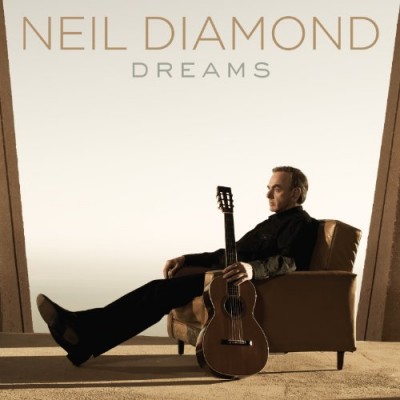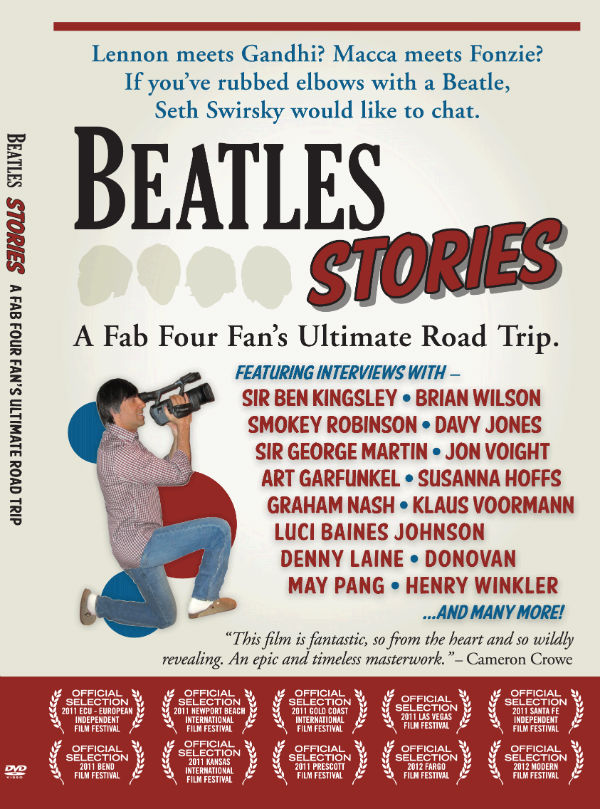
Neil Diamond
Dreams
Columbia
[Rating: 2.5 stars]
Videos by American Songwriter
It’s such a disappointment when something you hope is going to be great is, well, such a disappointment. That’s the case with Dreams, the latest album from Neil Diamond.
On his last release, the Rick Rubin-produced Home Before Dark, Diamond was in good creative shape as a writer, even if it seemed he had lost a little vocal momentum, which is to be expected for a guy pushing 70. But on Dreams, he covers 14 hits from what he calls the “rock era” in the liner notes. After a difficult listening to of the entire CD, the question “Why did he do this?” is the first thing that comes to mind.
Even though it’s not the case, these songs all feel like they share the same tired medium tempo after a few minutes. Diamond’s object apparently was to highlight the songs here and not the singer or the orchestration. Trouble is, these songs aren’t really done much justice by the arrangements, which include quite a bit of piano, woodwinds and brass and no drums. Gilbert O’Sullivan’s “Alone Again (Naturally),” for instance, would have been much better with the added push of a drum kit, and a draggy version of Diamond’s own “I’m A Believer” would have benefited greatly from more instrumentation.
Even guests like Benmont Tench and Timothy B. Schmit can’t save this record, although Gabe Witcher’s Appalachia -meets-Killarney fiddle playing on McCartney’s “Blackbird” brings the song, and Diamond’s vocal, to life. As a songwriter, Diamond may truly revere such tunes as McCartney’s “Yesterday” and Henley and Frey’s “Desperado.” But do we really need another version of either of them, especially versions that are so somnolent? And did somebody really need to record Bill Withers’ “Ain’t No Sunshine” again?
Perhaps if we hadn’t heard these songs so many times by so many artists this album might not seem so unnecessary or, well, boring. But after hearing Jeff Buckley or Lee DeWyze sing Leonard Cohen’s “Hallelujah,” it’s hard to listen to Diamond do it. And nobody, but nobody, will ever record a version of “Let It Be Me” that will rival the Everly Brothers’ performance, no matter how earnestly they sing it. Why Diamond chose covers that are already so deeply ingrained in the public’s mind is a mystery.
Neil Diamond is an icon and deservedly so. He’s written some great hits and some that weren’t so great, but hits that generations of radio listeners can nonetheless sing every word to. Let’s hope that he has a few more of those hits in him even if today’s radio won’t play them, and that Dreams isn’t the beginning of a trend of mediocrity for this legend.













Leave a Reply
Only members can comment. Become a member. Already a member? Log in.